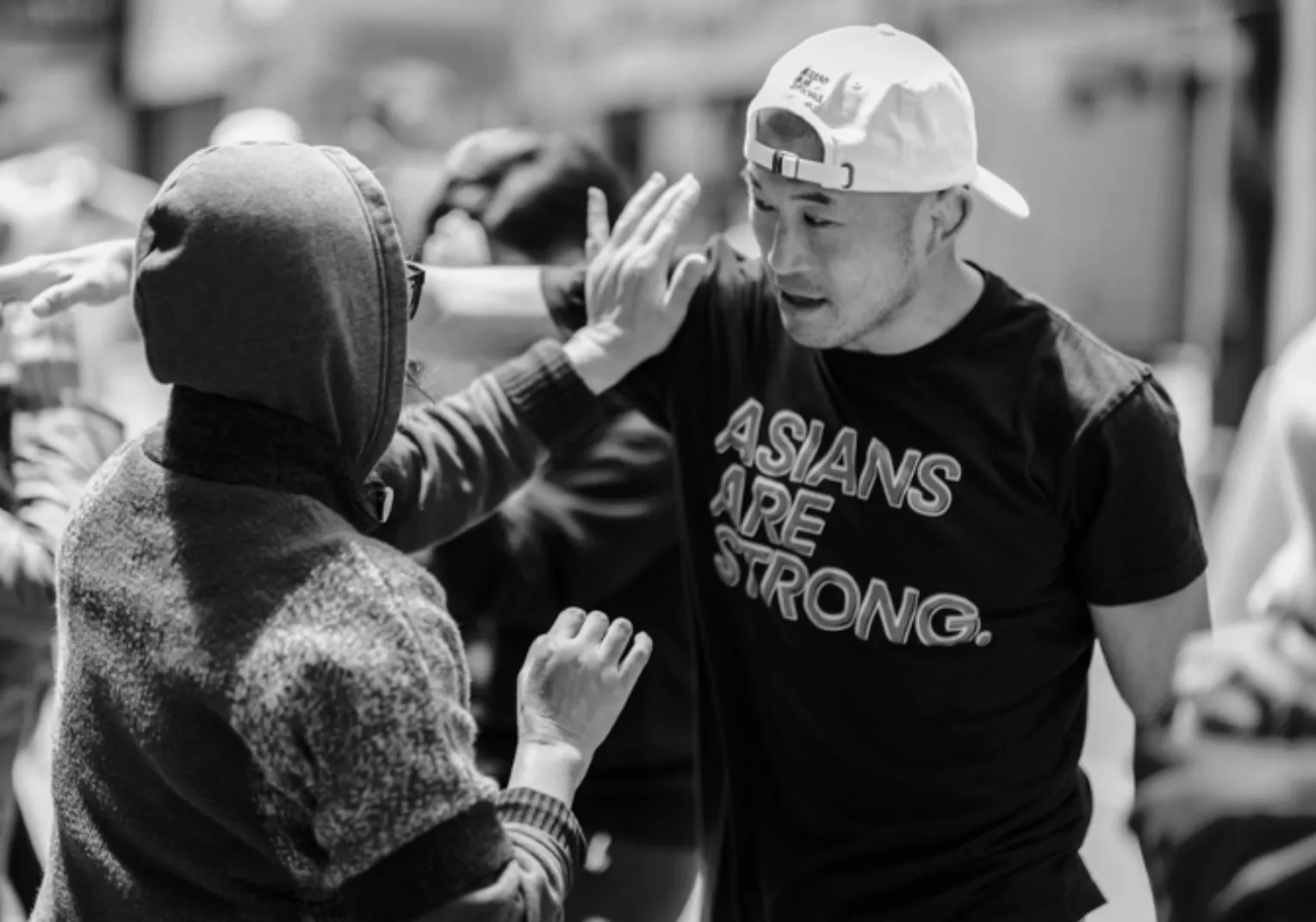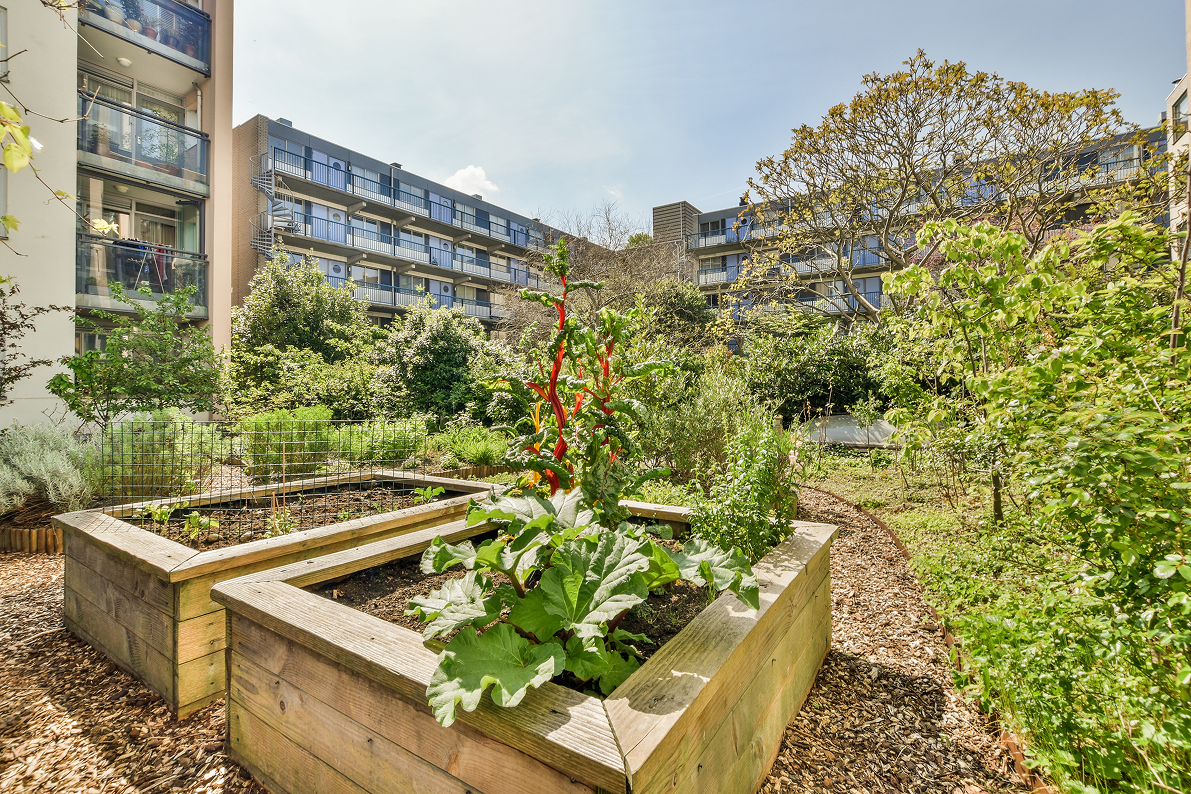Cultivating Resilience: How Berkeley Can Turn Vacant Land into a Food Justice Engine
In a city known for progressive ideals and bold innovation, some of Berkeley’s most powerful opportunities are hidden in plain sight. Scattered across the city are more than 50 underutilized, city-owned parcels—many forgotten, mismanaged, or simply sitting idle. At the same time, nearly one in four Berkeley residents struggles with food insecurity, particularly in South and West Berkeley.
What if these empty lots could grow more than weeds? What if they could grow food, jobs, and opportunity?
A Vision for Food Justice and Climate Resilience
Urban agriculture is more than community gardens and backyard plots—it’s a strategy that connects equity, sustainability, and local economic development. By transforming unused public land into sites for community farms, educational gardens, and entrepreneurial agriculture, Berkeley could tackle food insecurity while creating green jobs and cutting carbon emissions.
This is not a theoretical idea. Cities from Tokyo to Boston have successfully transformed public land into vibrant food production spaces. Berkeley has the advantage of strong policy tools like the Vision 2025 Sustainable Food Plan and the F.A.R.M. Ordinance. What’s missing is a coordinated plan to bring these tools to life.
A Practical Path Forward: The RFP Model
The solution is straightforward: launch a transparent Request for Proposals (RFP) system to lease city-owned properties to local urban farms for at least five years. This program would:
- Open Access: Create a public map of city-owned parcels suitable for farming, prioritizing neighborhoods with the highest food insecurity.
- Ensure Safety: Fund environmental assessments and soil remediation to ensure food safety and limit legal risk.
- Support Success: Invest in fencing, irrigation, branding, and a centralized city website to market locally grown products.
- Leverage Partnerships: Collaborate with schools, nonprofits, and local businesses to integrate urban farming into education, workforce development, and climate action.
Under this model, farmers could sell directly to residents, restaurants, and markets—making fresh, affordable produce more accessible to all.
Learning from Global Leaders
In Setagaya City, Tokyo, the local government leases public land to community farmers, providing soil testing, fencing, and branding support. In San Francisco, Alemany Farm offers fresh produce and environmental education to underserved communities. Berkeley can adapt these proven models—combining long-term leases, municipal support, and community partnerships—to fit our unique landscape.
Why Now?
Food insecurity, climate change, and economic inequality are not abstract future problems—they are here, now. Berkeley has the land, the policy framework, and the community willpower to lead the nation in turning urban agriculture into a core city strategy.
This isn’t just about growing vegetables. It’s about growing resilience, equity, and opportunity—one city lot at a time.
The time to plant is now.





.webp)
